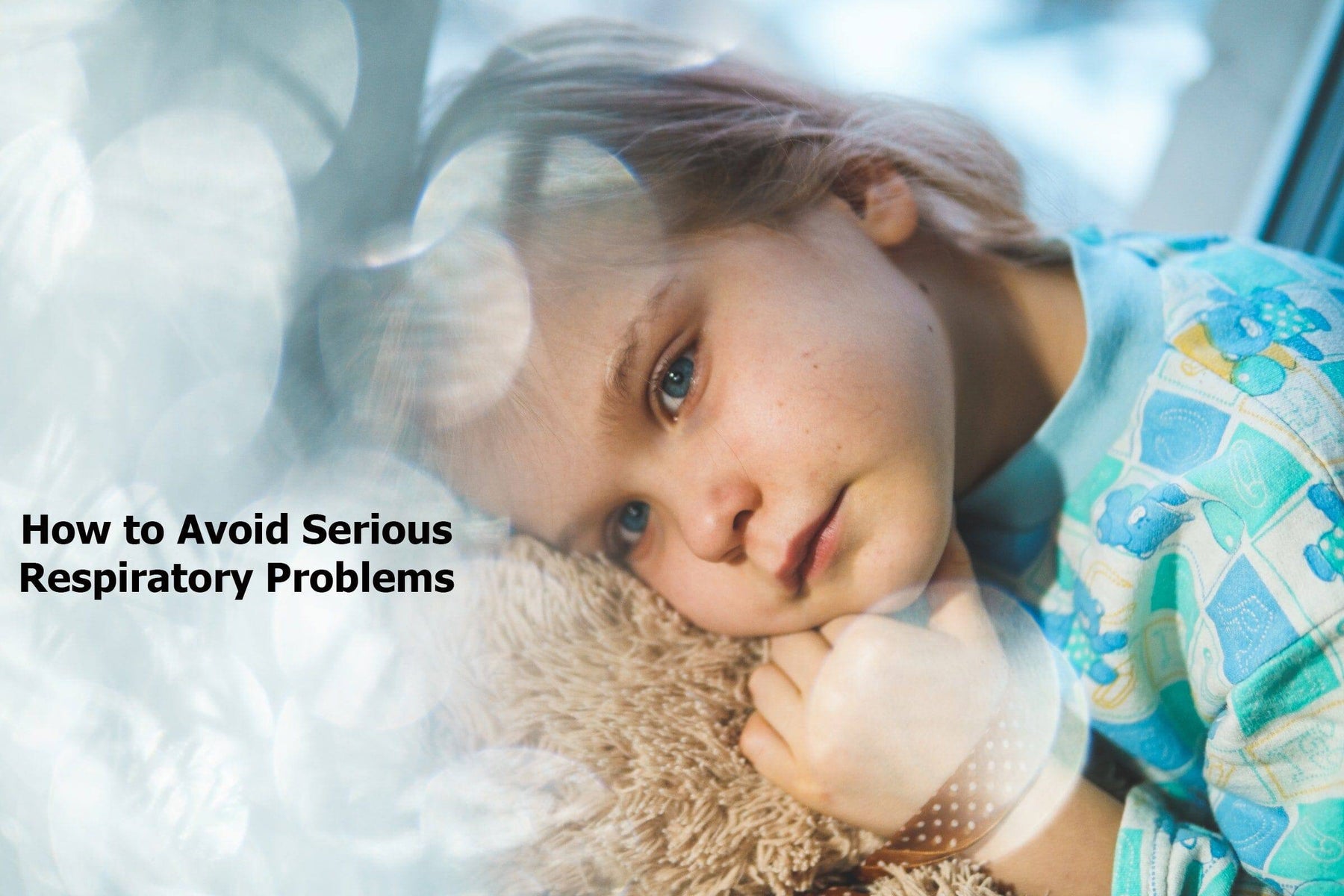
Wildfire Smoke: How to Avoid Serious Respiratory Problems
Wildfire Smoke: How to Avoid Serious Respiratory Problems
You should know how to respond to wildfire smoke and prevent the spread of the disease to your family if you live in an area prone to fires, such as California.
Despite media coverage of burning neighborhoods, the biggest threat to the majority of people is lingering smoke. In areas prone to fire, respiratory issues caused by smoke are more likely than watching your home burn down.
What can you do to protect yourself?
By being aware of wildfires, preparing for emergencies, and maintaining clean indoor air, you can prevent fires.
Respiratory Risks Associated with Wildfire Smoke
Are these health issues likely to affect our respiratory health in particular?
Many health concerns associated with wildfires remain long after the flames are extinguished, as we will see shortly.
In addition to being a gray haze, the smoke has other characteristics. Inflammable materials such as wood, leaves, and other combustibles produce this complicated mixture of gases and fine particles.
Health threats from fine particles, however, are the most severe. The microparticulate matter has the potential to penetrate deep into your lungs, causing coughing and wheezing, among other health effects. Aside from causing burns, runny noses, and chronic lung and heart conditions, these particles can also cause various allergies.
Smoke pollution poses a danger to certain people more than others.
Persons with pre-existing heart or lung conditions such as COPD, asthma, or shortness of breath should be highly cautious around smoke. Older adults tend to develop health problems caused by smoke, in general, more than young adults.
Children are, however, especially vulnerable to this problem. Children may experience significant problems when exposed to wildfire smoke because their lungs and respiratory systems are still developing. Smoke can pose a threat to both pregnant women and their babies.
Smoke can also cause cardiovascular issues in diabetics, as it can cause complications with diabetes.
Smoke from wildfires can carry carbon monoxide to your lungs, where it penetrates your body's bloodstream, reducing oxygen delivery to your organs and limbs. Carbon monoxide exposure can result in headaches, dizziness, and vision impairment for almost anyone, but the effects are usually only seen in vulnerable groups.
Among the general public, there is concern that wildfire smoke may cause cancer. There is evidence that people who inhale smoke over time have higher risks for cancer or other chronic health issues, although research on this specific issue is limited.
Wildfire Air Pollution: What You Can Do to Protect Yourself
In the end, we need to discuss an essential part of our discussion: eliminating wildfire smoke from your environment. Whenever possible, it is best to avoid exposure to wildfire smoke. You can avoid breathing in harmful contaminants if you avoid areas where smoke is thick, regardless of existing respiratory disorders or increased risk. Many people do not know how smoke from fires can affect your health.
Smoke Emergencies Can Strike at Any Time
In case of smoke in your neighborhood, talk with your doctor if you have a condition that impacts your lungs. If smoke is present, you need to know when to leave and how much medicine to keep on hand.
Ensure that you have a full supply of air masks on hand so that you and your family will be protected. The hardware stores in your area often sell them. The air mask you need should have an N-95 or P-100 rating. Ensure you have the right kind since construction and industrial dust masks only trap large particles and cannot be worn indoors.
Sites and news reports can keep you informed about local air quality. The AirNow map from the Environmental Protection Agency is a handy resource. Using this interactive map, you can check the current air quality and make informed decisions about how to protect yourself from wildfire smoke.
A Guide to Dealing with Wildfire Smoke
During times of significant air pollution caused by nearby forest fires, local authorities may advise locals to stay indoors. Smoke should not be let inside through open windows or doors if this happens.
Make sure the air filter inside your air conditioner is clean. If you have air conditioning, keep it running. A clean filter can reduce airborne particles of all sizes in the home, even though these air filters are not intended to trap smoke particles (they're meant to keep your air conditioner clean).
Let natural breezes clean away smoke particles from the house when the outdoor air quality improves.
Even if you take all the necessary precautions, fires often burn for more extended periods, causing smoke to build inside your home. Smoke can accumulate in your home if it persists for a long time, so be careful not to use things that burn in your home. Cook on an electric range instead of a wood-burning stove or fireplace. Even candles can cause issues, so try to avoid them as much as possible.
Air Purifiers for Wildfire Smoke Removal
A home air purifier can also help to improve the air quality at home. Many of the contaminants found in smoke pollution can be removed using air purifiers that utilize advanced technology such as HEPA filters and activated carbon.
If you want more information about our advanced air purifiers for smoke removal to make a more informed decision on the right device that will help your breathing, then all you have to do is click here.
There is a wide selection of air purifiers and filters to suit any need, whether for a child's bedroom or a commercial office! An air purifier is how to breathe easy in wildfire smoke.

Leave a comment